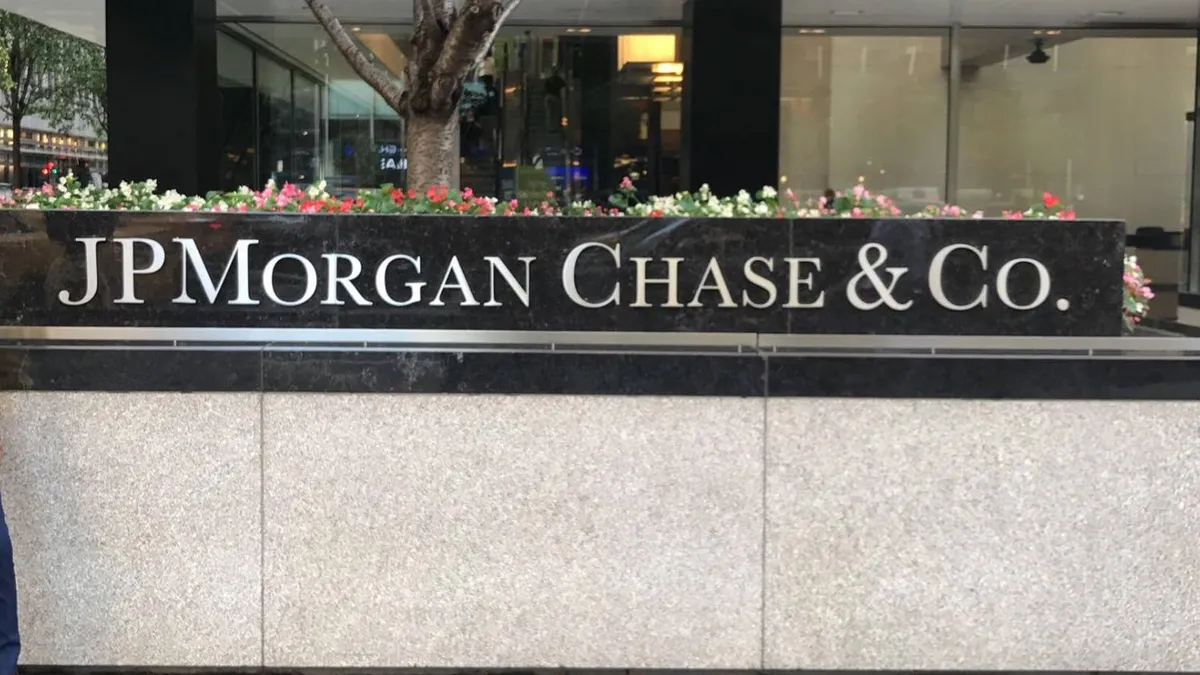Dive Brief:
- JP Morgan Chase is the target of a new Section 1981 class-action lawsuit alleging that it discriminated against African-American personal bankers by placing them at lower-income branches with fewer transfer and promotion opportunities (Dunn v. JP Morgan Chase Bank, N.A., No. 20-cv-00483 (E.D. Louisiana Feb. 11, 2020)).
- Personal bankers are branch-based, according to the complaint, and their pay is based in part on commission. The complaint alleges that JP Morgan refused to transfer or promote African-American personal bankers "into higher performing branches where they would experience better pay, more opportunities for advancement, and fewer risks to their physical safety."
- These personal bankers were also allegedly denied the opportunity, based on their assignments, to participate in a lucrative "Private Client" program: "Private Client locations are largely in affluent areas and are disproportionality [sic] absent from predominantly African American communities, to which African American Personal Bankers are steered by Chase." The plaintiffs are requesting front and back pay, compensatory and punitive damages, injunctive relief and a jury trial.
Dive Insight:
Section 1981 of the Civil Rights Act of 1866 protects contractual rights on the basis of race. According to the U.S. Equal Employment Opportunity Commission (EEOC), this encompasses "all contractual aspects of the employment relationship, such as hiring, discharge, and the terms and conditions of employment." It also prohibits retaliation against those who complain about race bias.
While there are many similarities between Section 1981 and Title VII of the Civil Rights Act of 1964, there is a longer statute of limitations for Section 1981 claims, according to the Society for Human Resource Management, and plaintiffs need not go through the mandatory administrative process required by Title VII. Perhaps most significantly for many plaintiffs and employers, Section 1981, unlike Title VII, imposes no caps on punitive and compensatory damages.
The racial segregation alleged by the plaintiffs in the JP Morgan lawsuit is illegal under Title VII as well as Section 1981. According to the EEOC, "Title VII is violated where minority employees are segregated by physically isolating them from other employees or from customer contact. Title VII also prohibits assigning primarily minorities to predominantly minority establishments or geographic areas."
Employers are best served by avoiding any type of bias allegations in the first place. Regularly training both supervisors and rank-and-file employees on the applicable anti-bias laws, and acceptable workplace conduct, is essential. Experts have previously told HR Dive that behavioral training is crucial for the creation of diverse teams.













